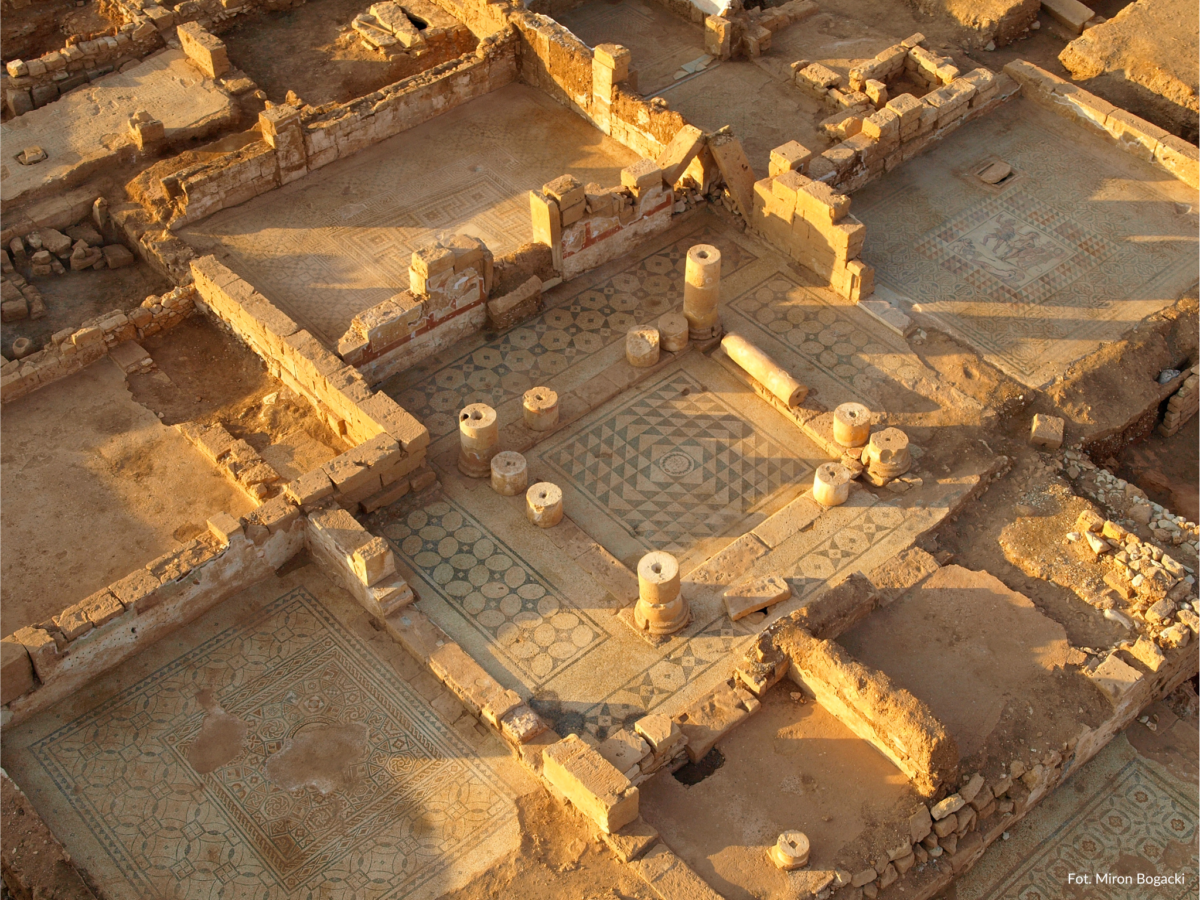
Ancient Residence and Mysterious Mask Discovered in Libya’s Ancient City of Ptolemais
In an exciting archaeological discovery, researchers from the University of Warsaw have found a residential complex featuring an advanced drinking water collection system and a mysterious mask in the ancient city of Ptolemais, located on Libya’s Mediterranean coast. This significant find comes after a thirteen-year pause due to the Libyan civil war, with archaeologists returning to Ptolemais in 2023.
Founded by the Ptolemaic dynasty, Ptolemais was an important city from the 4th century BC until the Arab conquest in the 7th century AD. This season’s research focused on studying urban structures, and the results have been surprising.
During excavations in June 2024, the team revealed part of a residential complex dating back to the late 2nd century or early 3rd century AD. This residence included an advanced rainwater collection system, featuring an impluvium that directed water to underground cisterns.
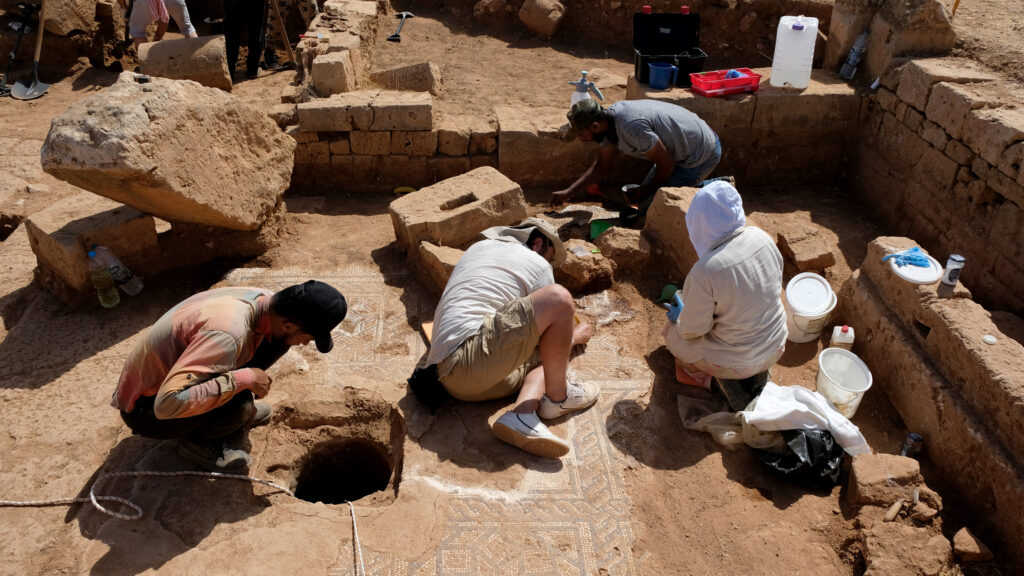
Piotr Jaworski, head of the Polish Archaeological Mission in Ptolemais, explained that the heart of the eastern section of the house was a small peristyle, surrounded by a kitchen, a staircase, and a mosaic room. The peristyle pool, which collected rainwater and funneled it to two underground cisterns, was central to the home’s sophisticated water system. After being damaged by earthquakes in the 3rd century, the residence was rebuilt during the late Roman period. Researchers believe that three stone basins at the entrance serve as evidence of this reconstruction, possibly used for offerings or taxes.
One of the most intriguing discoveries was a human face carved from hydraulic mortar found within one of the cisterns. The origins of the mask remain unclear due to the lack of distinctive features, leading to various interpretations. Archaeologists noted similarities to carvings found in Libyan sacred sites, suggesting possible local connections or influences. It is possible that the owner of the house or those involved in its creation were of Libyan origin, although this remains speculative.
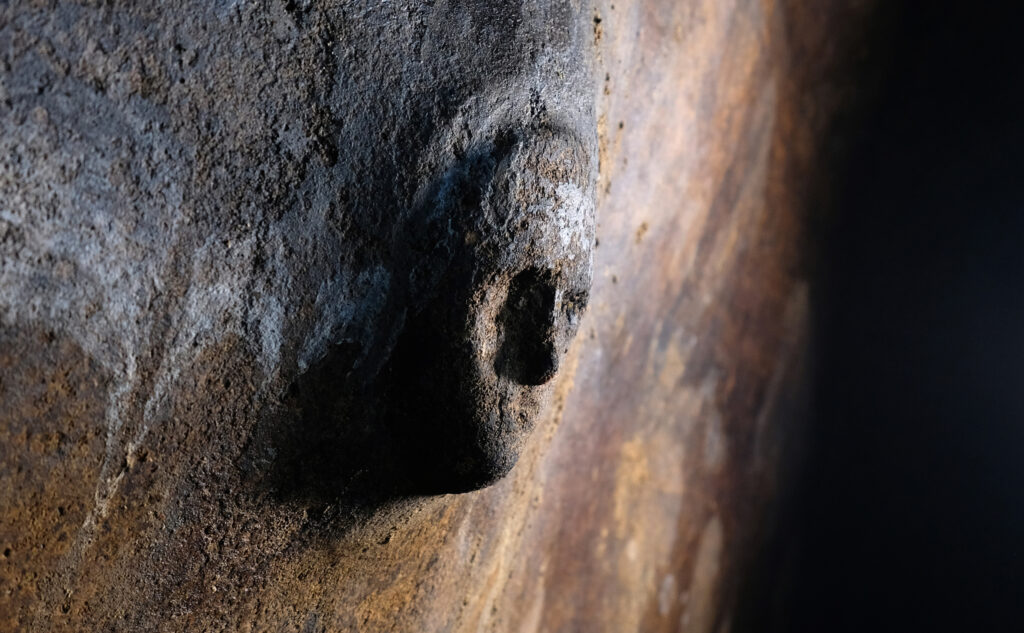
Established in the 3rd century BC, Ptolemais was a significant cultural and religious center in Cyrenaica. Its historical complexity continues to attract researchers, as it likely holds many secrets yet to be uncovered.
The ongoing archaeological efforts aim to enhance the understanding of the functions of structures on the acropolis and to reveal insights into life in ancient Ptolemais. As excavations progress, the team hopes to uncover more about the rich history and cultural heritage of this fascinating ancient city.
Cover Photo: Ruins of the House of Leukaktios in Ptolemais discovered by a University of Warsaw expedition between 2001 and 2010. Website of the Republic of Poland
You may also like
- A 1700-year-old statue of Pan unearthed during the excavations at Polyeuktos in İstanbul
- The granary was found in the ancient city of Sebaste, founded by the first Roman emperor Augustus
- Donalar Kale Kapı Rock Tomb or Donalar Rock Tomb
- Theater emerges as works continue in ancient city of Perinthos
- Urartian King Argishti’s bronze shield revealed the name of an unknown country
- The religious center of Lycia, the ancient city of Letoon
- Who were the Luwians?
- A new study brings a fresh perspective on the Anatolian origin of the Indo-European languages
- Perhaps the oldest thermal treatment center in the world, which has been in continuous use for 2000 years -Basilica Therma Roman Bath or King’s Daughter-
- The largest synagogue of the ancient world, located in the ancient city of Sardis, is being restored

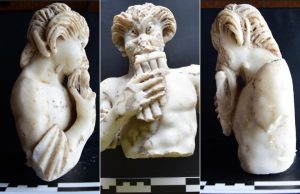
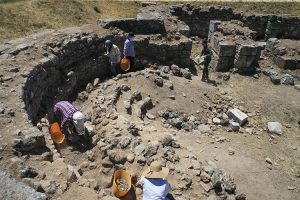
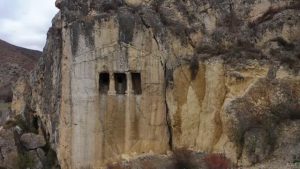
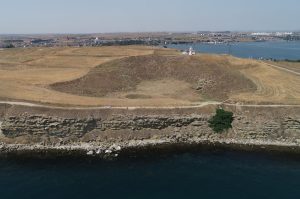

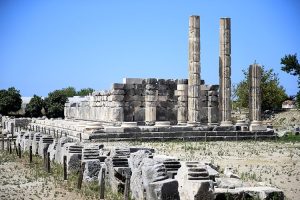


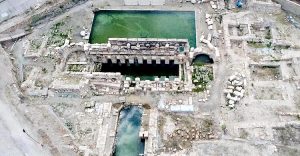
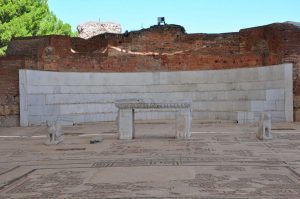
Leave a Reply